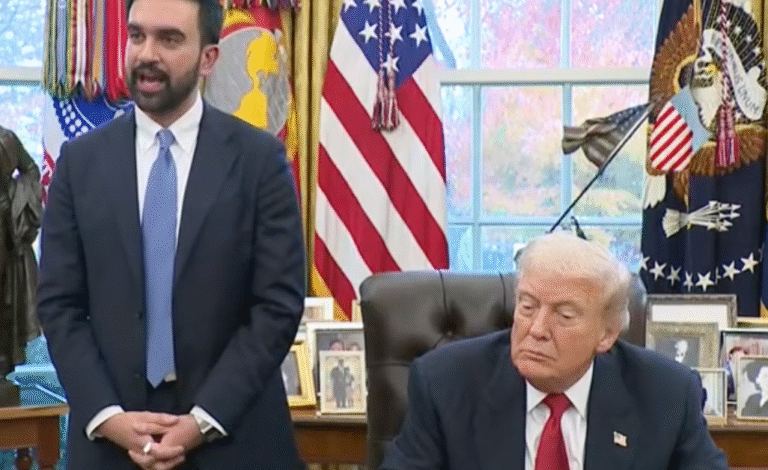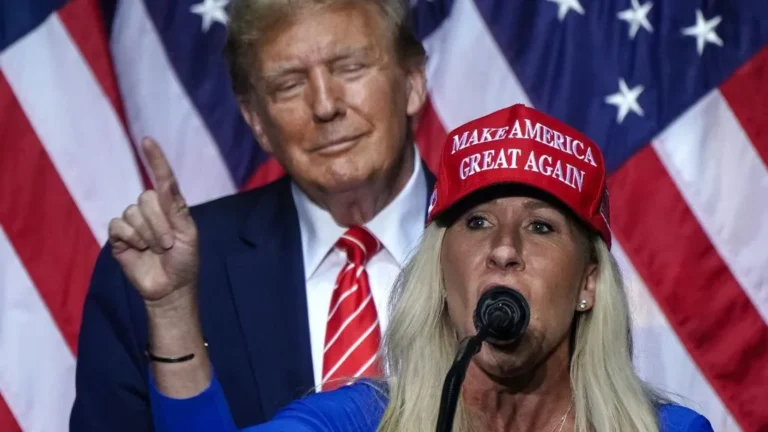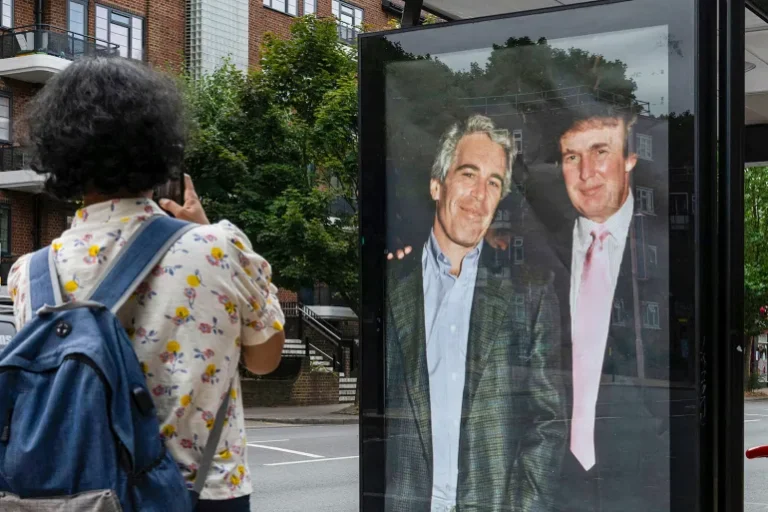
The Supreme Court of the United States on Friday night granted an emergency stay that pauses a federal judge’s order requiring the United States Department of Agriculture (USDA) to distribute full November payments under the SNAP food-assistance program amid the ongoing federal government shutdown. The move affects roughly 42 million Americans who depend on the Supplemental Nutrition Assistance Program and heightens concern about access to food aid this month.
Shutdown forces court clash over SNAP funding
A district court in Rhode Island had ordered the USDA to fund November SNAP benefits in full by Friday, citing the risk of “irreparable harm” to households and food pantries if payments were delayed or reduced. The USDA had planned to rely only on a contingency fund and issue reduced payments instead, prompting lawsuits by states and nonprofits arguing the agency was short-changing vulnerable families. However, the Trump administration appealed the ruling and asked for a temporary stay.
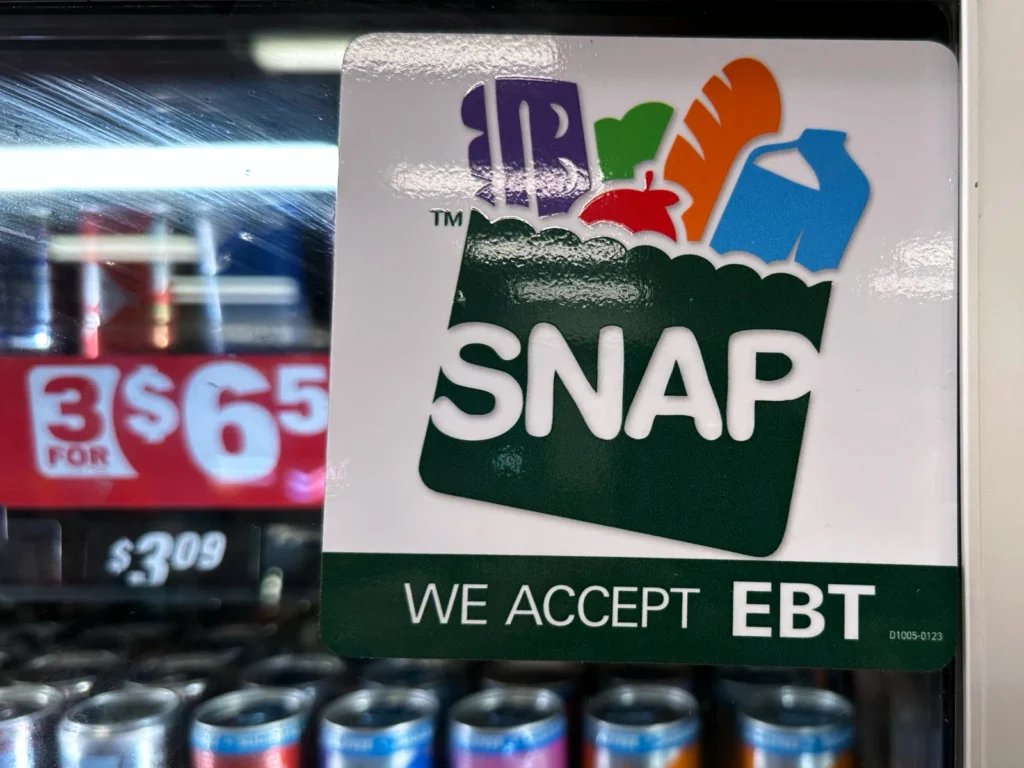
In response, Justice Ketanji Brown Jackson issued an administrative stay late Friday, pausing the district court’s directive until the First Circuit U.S. Court of Appeals addresses the matter. Her order remains in effect for 48 hours after the appeals court issues its decision, giving federal officials additional time to litigate and possibly avoid immediately releasing billions from the reserve fund.
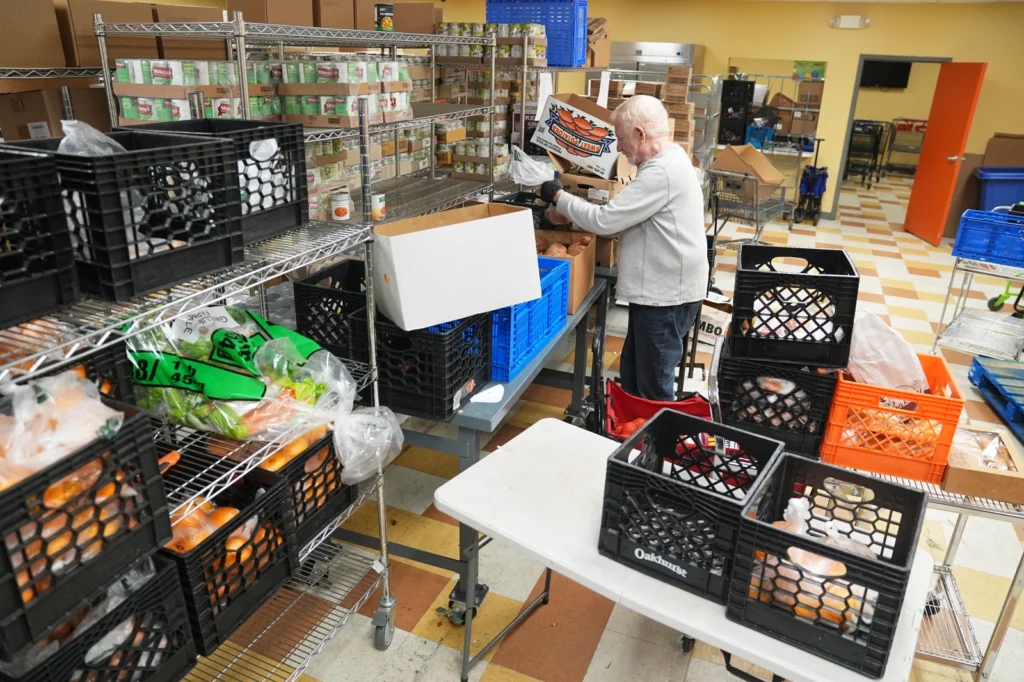
Impacts and uncertainty for recipients
Because the injunction is now on hold, states find themselves in mixed positions: some that began processing full payments are already distributing funds, while others face delays or are planning partial issuances. The USDA had informed states it was working “later today” to make full-issuance files available, but the stay complicates that effort and may leave thousands of households waiting for assistance. Federal budget counsel estimated full SNAP outlays for November would cost around $8.5 to $9 billion, exceeding the roughly $4.6 billion contingency reserve.
READ ALSO: Louisiana Artists Sweep Great-American Roots Category and Shine Across 2026 Grammys
For families relying on SNAP, the timing and amount of benefits remain in flux. Food-pantry operators warn that delayed or reduced benefits could drive increased demand and strain support systems already stretched by the shutdown. State officials in some jurisdictions said they would distribute partial payments or state-backed relief if federal funds remain uncertain. Meanwhile, legal advocates argue the administration is delaying benefits for political leverage, while the government maintains the burden lies on Congress to appropriate the funds.
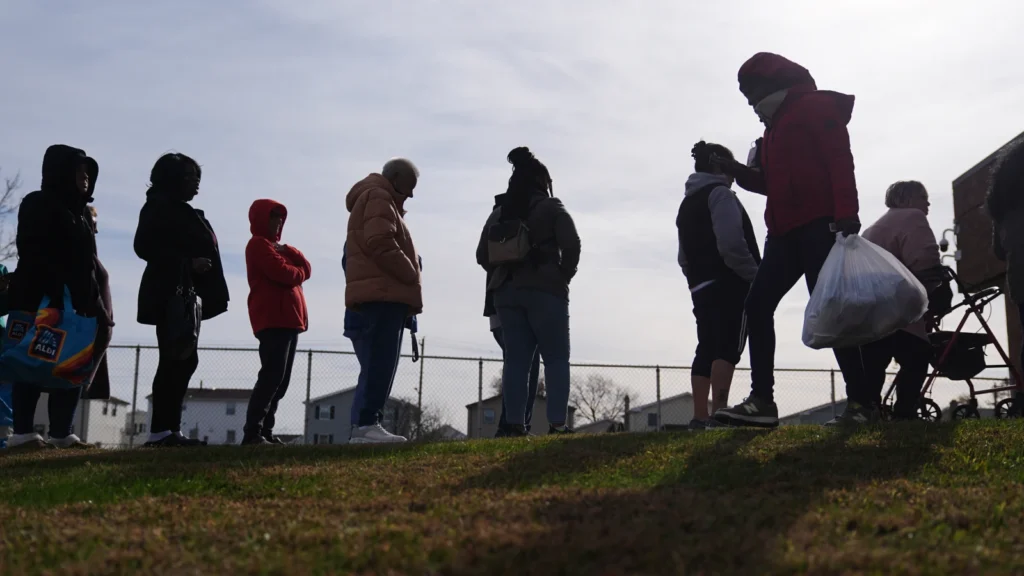
As the shutdown drags on, the court battle over SNAP payments underscores a broader challenge: balancing federal funding shortfalls, statutory obligations to low-income households, and political deadlock. The appeals court’s forthcoming decision will likely determine whether full November benefits proceed or the partial-payment plan remains either outcome bearing significant consequences for food-security across the nation.


